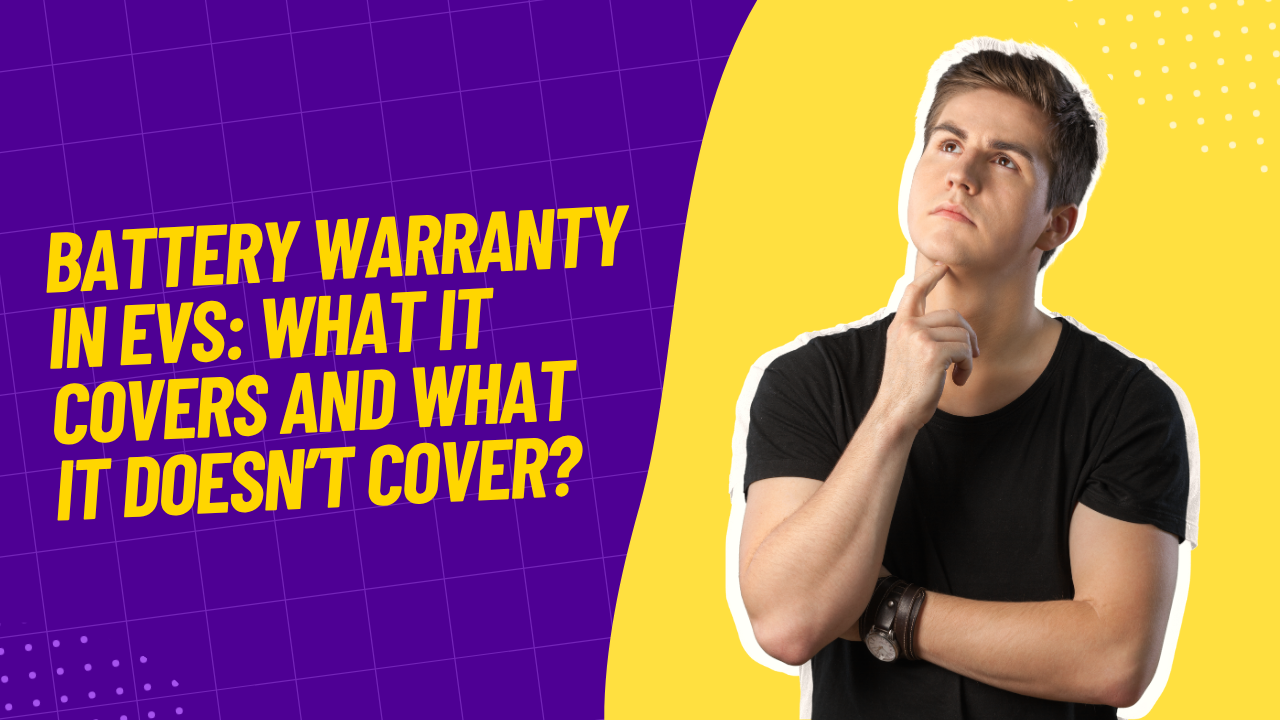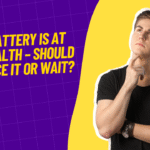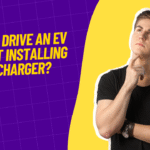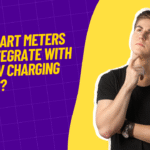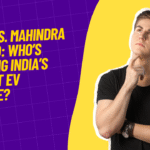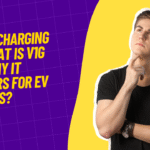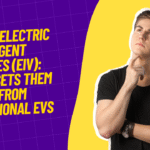Battery technology is at the heart of the electric vehicle (EV) revolution. But with EV batteries being one of the most expensive components of an electric car—sometimes accounting for over 30% of the vehicle’s cost—battery warranties have become a major concern for potential buyers and current owners alike.
Whether you’re buying a new EV or a used one, understanding the ins and outs of battery warranties can help you avoid unexpected expenses and make more informed decisions. This guide dives deep into what EV battery warranties truly cover, what they don’t, how they vary by manufacturer, and how they affect long-term ownership.
2. What is an EV Battery Warranty?
An EV battery warranty is a guarantee provided by the manufacturer that the high-voltage battery pack powering your electric car will function as intended for a specified period of time or mileage—whichever comes first. It serves two main purposes:
- To protect the buyer from premature battery failures
- To assure a minimum level of performance over the years
Most automakers promise that the battery will retain a certain percentage of its original capacity (typically 70%–80%) for 8 years or 100,000 to 150,000 kilometers (in India) or miles (in the U.S.).
3. Standard Coverage Offered by Most EV Battery Warranties
While battery warranties vary by brand and model, most share common ground in terms of the basic protections they offer:
A. Capacity Retention Guarantee
- Manufacturers usually guarantee that the battery will retain at least 70% of its original capacity by the end of the warranty period.
B. Repair or Replacement of Defective Cells
- If a battery module or the whole pack malfunctions or fails due to manufacturing defects, the automaker covers the repair or replacement.
C. Full Pack Replacement in Certain Scenarios
- Some companies offer full pack replacement instead of just repairing modules if degradation or damage affects driveability or safety.
D. Labor and Shipping Costs Included
- Most warranties also cover labor and transportation related to the battery repair/replacement under warranty.
4. What EV Battery Warranties Don’t Cover?
This is where most misunderstandings begin. EV owners often assume their warranty will cover any battery-related problem—but that’s not the case.
Here’s what is typically excluded from standard EV battery warranty:
A. Normal Battery Degradation
Even with proper use, battery capacity reduces over time. Most automakers only promise a minimum threshold (e.g., 70%), not 100% performance.
B. Damage from Accidents or External Impact
If the battery is damaged in a collision, flood, or fire unrelated to manufacturing, it’s usually not covered.
C. Improper Charging Practices
Frequent use of incompatible or unapproved chargers can void warranty claims.
D. Tampering or Unauthorized Repairs
DIY attempts to fix or open the battery pack, or getting it serviced at unauthorized centers, can invalidate the warranty.
E. Commercial Use in Some Regions
Taxis, rental cars, and fleet vehicles often receive reduced warranty coverage or stricter conditions.
5. Differences in Battery Warranty Across Automakers
Battery warranty policies vary dramatically between automakers. Let’s look at how some major brands handle battery warranties:
| Manufacturer | Warranty Period | Minimum Retained Capacity Guaranteed | Notes |
|---|---|---|---|
| Tesla | 8 years / 150,000 miles | No specific percentage (Model S/X) | Covers manufacturing defects only |
| Hyundai/Kia | 10 years / 100,000 miles | 70% | Industry-leading for some models |
| Toyota (bZ4X) | 10 years / 100,000 miles | 70% | Battery expected to retain 90% at 10 years |
| Tata Motors (India) | 8 years / 160,000 km | 70% | For Nexon EV and Punch EV |
| BYD | 8 years / 150,000 km | 70% | For Blade Battery models |
| Nissan Leaf | 8 years / 100,000 miles | 70% | Covers capacity loss and defects |
6. Key Battery Warranty Terms Explained
To truly understand your coverage, it’s crucial to know these terms:
a. State of Health (SOH)
A measure of battery capacity compared to its original rating. Warranties usually promise SOH ≥ 70%.
b. Depth of Discharge (DoD)
The percentage of battery drained during use. High DoD cycles can degrade battery faster—improper DoD may void warranty.
c. Cycle Life
Number of full charge-discharge cycles a battery can undergo before hitting the threshold capacity loss.
7. Battery Degradation vs. Battery Failure
Understanding the difference between these two can help avoid wrongful expectations:
- Degradation is a gradual reduction in battery capacity. It’s natural and only covered if it falls below the warranty threshold.
- Failure refers to sudden malfunctions—such as a cell defect, short circuit, or thermal issue—typically covered under warranty.
8. How to Make a Battery Warranty Claim?
The warranty claim process typically includes:
- Visiting an authorized service center
- Running a battery health diagnostic
- Verifying battery SOH using OEM tools
- Manufacturer decides between module replacement or pack replacement
- Repair under warranty takes 2–5 business days on average
Documentation such as service history, vehicle logs, and diagnostic reports are often required.
9. Factors That Could Void Your EV Battery Warranty
Warranties come with terms and fine print. Some actions that can void your warranty include:
- Using aftermarket modifications or performance upgrades
- Operating the EV in extreme conditions outside the manual’s recommendations
- Failing to follow scheduled service intervals
- Storing the vehicle with full or empty battery for extended periods
- Excessive use of DC fast charging (in certain OEMs’ policies)
10. How Battery Warranty Affects EV Resale Value?
Battery warranty is one of the biggest resale influencers in the EV market.
Here’s why:
- A longer remaining warranty boosts buyer confidence
- Certified pre-owned EVs often include battery health certification
- EVs with expired or voided battery warranties may see depreciation up to 30% faster
Buyers often look for battery condition reports as much as they look at mileage.
11. Extended Warranties and Battery Insurance
Some automakers and third-party companies offer extended battery warranties or battery insurance policies.
What these may include:
- Coverage beyond 8 years or 160,000 km
- Additional protection against degradation below 75%
- Roadside assistance or loaner vehicles during replacement
However, not all extended warranties are worth it—read the fine print carefully, especially when offered by third-party providers.
12. How Battery Warranties Differ in India vs. the U.S.
While the basics are similar, there are a few distinctions:
| Parameter | India | United States |
|---|---|---|
| Legal Backing | AIS 038 Rev 2 Compliance | Federal EV guidelines & FTC laws |
| Warranty Length | Typically 8 years / 160,000 km | 8–10 years / 100,000–150,000 miles |
| Claims Process | Often requires OEM approval | More streamlined in service networks |
| Battery Service | Limited centers in Tier 2/3 cities | Widespread authorized repair options |
13. Real-World Scenarios: What Owners Should Know
- Case 1: A Tata Nexon EV owner noticed range dropped to 180 km from 300 km after 3 years. Diagnosis showed battery SOH was 68% → full replacement under warranty.
- Case 2: A Tesla Model 3 owner used third-party charging cables which damaged the BMS. Claim was denied citing unauthorized accessories.
These examples illustrate why reading the owner’s manual and warranty document is critical.
14. Is EV Battery Warranty Enough? Expert Take
Warranties give a safety net—but they don’t eliminate risk. Experts recommend:
- Monitoring SOH using OBD tools
- Avoiding excessive fast charging
- Not letting battery sit at 100% or 0% charge for long
- Charging between 20%–80% for daily use
15. Final Thoughts
Battery warranties are more than just documents—they’re silent protectors of your investment. But many EV owners fail to understand what’s truly covered and what isn’t, leading to shock during warranty claims.
Whether you’re a first-time EV buyer or a long-time EV driver, reading between the lines of your battery warranty can save you thousands. And as battery tech improves, expect warranty terms to become even more competitive and comprehensive in the coming years.
16. FAQs
Q1. Do all EVs come with a battery warranty?
Yes, all new EVs sold by recognized automakers include a battery warranty, often lasting 8 years or more.
Q2. Is battery replacement free under warranty?
Yes, if it qualifies under warranty conditions like falling below SOH threshold or manufacturing defects.
Q3. What if my battery degrades to 71% in 6 years?
It won’t qualify for replacement if your warranty covers degradation only below 70%.
Q4. Does fast charging reduce battery life?
Yes, frequent DC fast charging can accelerate battery degradation, though occasional use is acceptable.
Q5. Can I transfer the battery warranty to a new owner?
In most cases, yes. Battery warranties are transferable if the car is sold.
Q6. Does insurance cover battery damage?
Only if the damage is caused by an accident or covered incident. It doesn’t include degradation or wear.
Q7. Can I extend my EV battery warranty after 8 years?
Some OEMs and third-party providers offer extended battery warranties, but availability varies by market.
